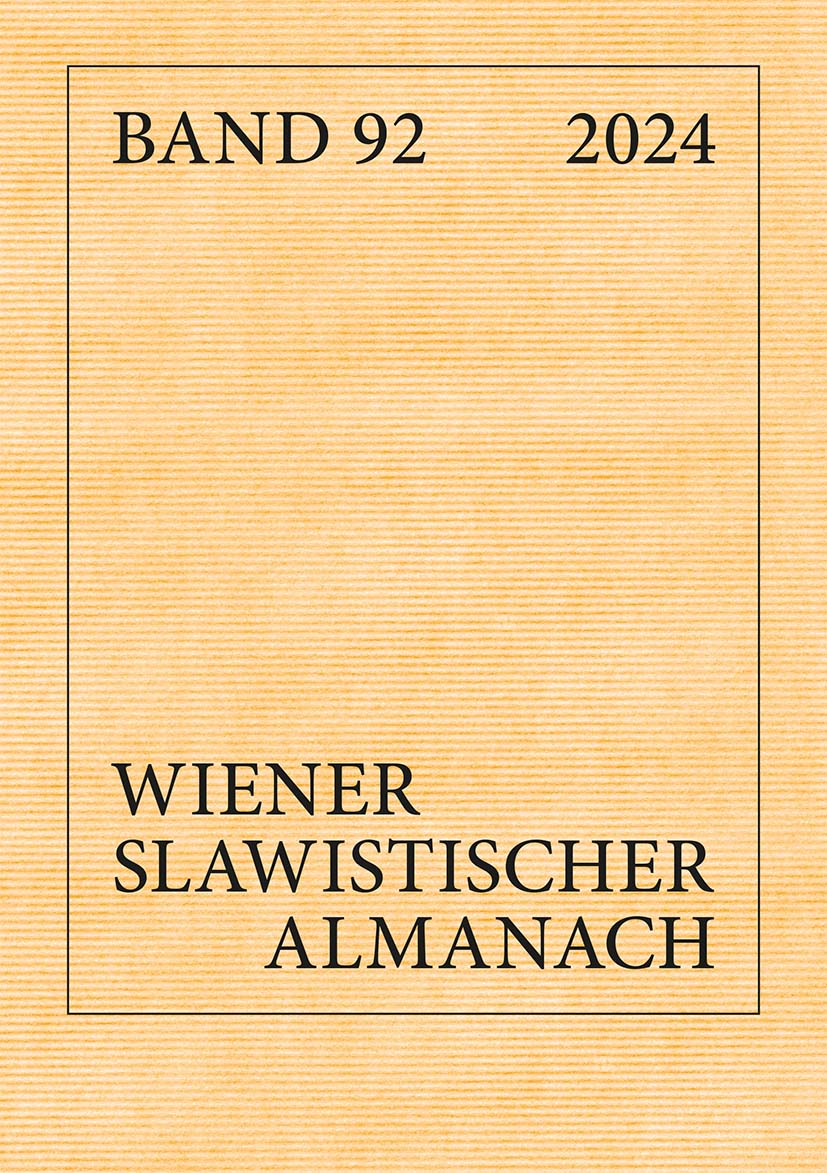Andrej Platonov und die Archetypen der sowjetischen Kultur
Veröffentlicht am 22.11.2024
Schlagwörter
- Andrei Platonov,
- Soviet archetypes (Hero, Father, Mother, Enemy)
Abstract
Soviet political mythology is based in many respects on archetypes which can be traced back to Russian cultural traditions. In Andrei Platonov’s work they play an important role, even though he always refused to reproduce the patterns of socialist realism. So, his characters never resembled the positive heroes of production. As for the archetype of the Father, the novel Chevengur deals with the problem of fatherlessness. The situation changed when Stalin was given the title of the “Father of Nations”. In the beginning of the 1930s the Mother archetype originated in the form of Rodina-mat´. Without imitating this concept, Platonov creates female characters which root in the sophiological tradition and represent the idea of a distant harmonic future. It is well known that totalitarian and autocratic systems cannot exist without the archetype of the Enemy. In this regard Platonov deviates principally from the official canon. In his works, the place of the official image of the Enemy is taken by bureaucrats and other negative characters originating from inside the system.
Zitationsvorschlag
Copyright (c) 2024 Hans Günther (Autor/in)

Dieses Werk steht unter der Lizenz Creative Commons Namensnennung 4.0 International.

